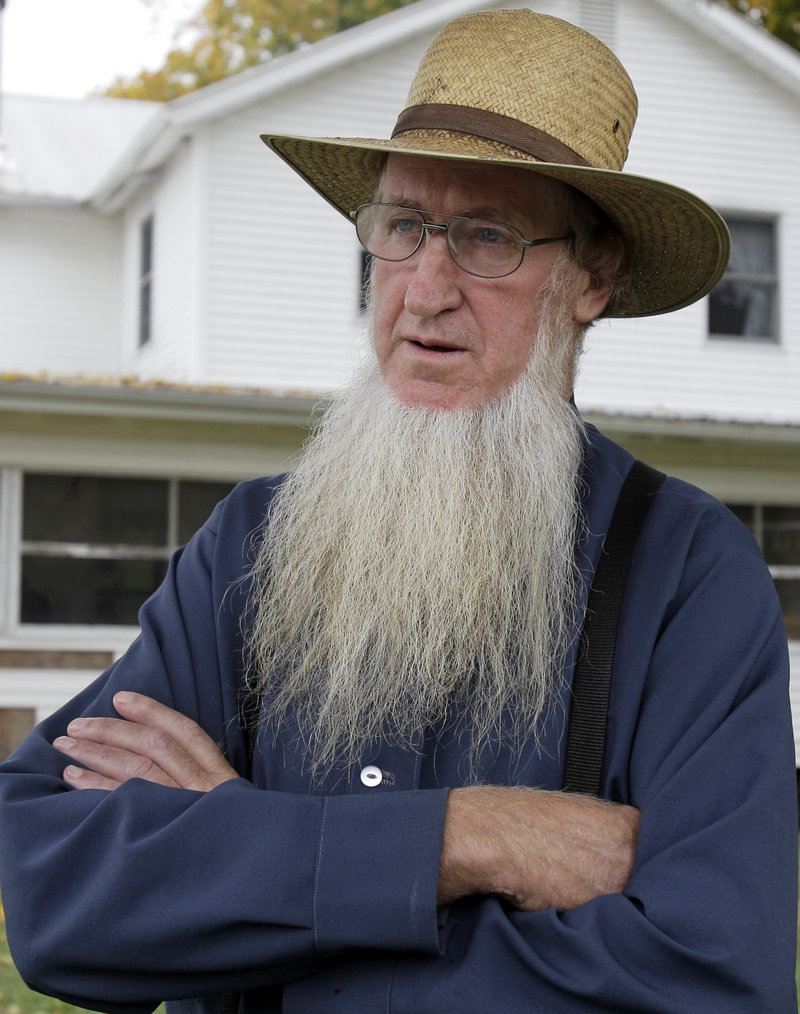CLEVELAND – Sixteen Amish men and women were convicted Thursday of hate crimes for a series of hair- and beard-cutting attacks on fellow sect members in a religious dispute that offered a rare and sometimes lurid glimpse into the closed and usually self-regulating community of believers.
A federal jury found 66-year-old Samuel Mullet Sr., the leader of the breakaway group, guilty of orchestrating the cuttings last fall in an attempt to shame mainstream members who he believed were straying from their beliefs. His followers were found guilty of carrying out the attacks, which terrorized the normally peaceful religious settlement that aims to live simply and piously.
Prosecutors and witnesses described how sons pulled their father out of bed and chopped off his beard in the moonlight and how women surrounded their mother-in-law and cut off two feet of her hair, taking it down to the scalp in some places.
Prosecutors say the group targeted hair because it carries spiritual significance in their faith.
The defendants face prison terms of 10 years or more at their Jan. 24 sentencing. Prosecutors plan to file a request Friday to revoke bond for defendants who had remained free pending trial.
All the defendants are members of Mullet’s settlement that he founded in eastern Ohio near the West Virginia panhandle. The Amish eschew many conveniences of modern life, including electrical appliances and automobiles, and embrace their centuries-old roots.
Federal officials said the verdicts would send a message about religious intolerance.
“The victims in this case are members of a peaceful and traditional religion who simply wanted to be left to practice their religion in peace,” U.S. Attorney Steven Dettelbach said. “Unfortunately, the defendants denied them this basic right.”
Amish community members who sat through the trial hurried into a hired van without commenting.
Defense attorneys said the defendants were bewildered by the verdicts and said likely appeals would be based on a challenge to the hate crimes law. “They really don’t understand the court system the way the rest of us have, being educated and reading newspapers,” said Joseph Dubyak.
Send questions/comments to the editors.



Success. Please wait for the page to reload. If the page does not reload within 5 seconds, please refresh the page.
Enter your email and password to access comments.
Hi, to comment on stories you must . This profile is in addition to your subscription and website login.
Already have a commenting profile? .
Invalid username/password.
Please check your email to confirm and complete your registration.
Only subscribers are eligible to post comments. Please subscribe or login first for digital access. Here’s why.
Use the form below to reset your password. When you've submitted your account email, we will send an email with a reset code.